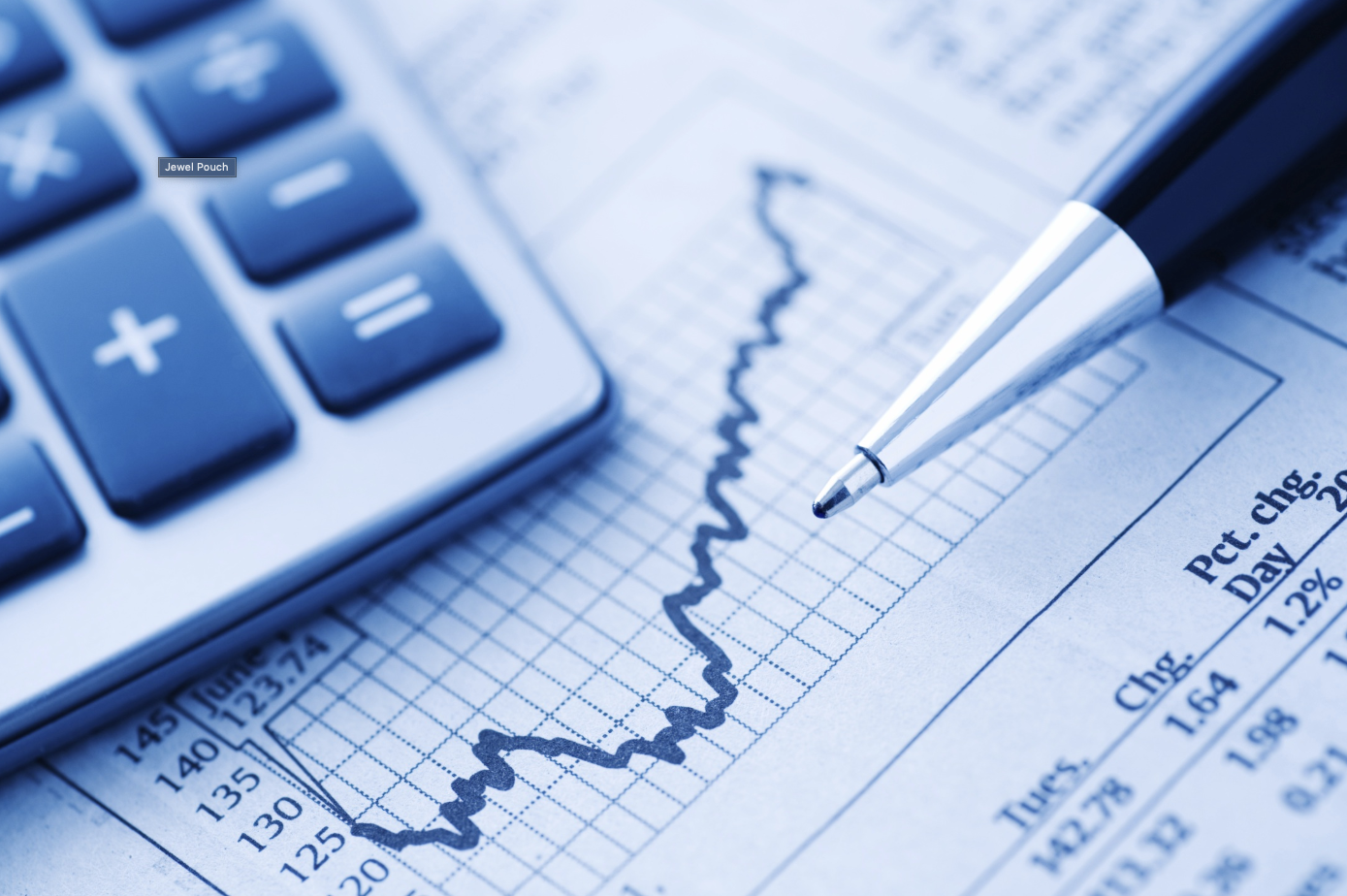Inflation may hit 7 per cent this year, economists warn

Inflation could exceed 7 per cent this year to reach levels last seen in the 1990s, according to an annual survey of economists.
More than half of the 32 economists polled, who include former Bank of England policymakers, said they expect consumer prices to rise by at least one percentage point from current levels. Prices rose by 5.1 per cent in the year to the end of November, the highest rate in a decade.
Over a third of the economists expect inflation to peak between 6 and 6.5 per cent, while 15 per cent predict it will surpass 6.5 per cent. Two economists, including a former Bank rate-setter, said inflation would top 7 per cent.
In an attempt to tame the rise in prices, the Bank of England last month tightened monetary policy for the first time in three years by increasing the base rate from 0.10 per cent to 0.25 per cent.
More than 90 per cent of the economists polled by The Times expect interest rates to rise to at least 0.50 per cent by the end of the year.
A majority expect the economy to continue to recover this year, although some raised concerns about supply chain disruptions and new coronavirus restrictions. Some economists expressed concern over the looming squeeze on household finances as inflation bites and interest rates rise further.
There was more positivity surrounding the jobs market, which was the biggest success of 2021, according to Paul Dales, chief UK economist at the Capital Economics consultancy.
All of the economists predicted that unemployment rate would remain close to historic lows.
However, they were divided on whether inflation would be brought under control next year. Andrew Sentance, a former member of the monetary policy committee, said: “The monetary policy committee will need to continue to raise interest rates due to high inflation. But they will be slow to respond.”
More than 90 per cent of experts surveyed said trade frictions with the EU would continue this year, and some predicted that they would never be resolved. “Brexit is an ongoing disaster,” said John Van Reenen, professor at the London School of Economics. “Regulatory divergence with the EU will continue causing lower trade (especially in services) and ultimately in living standards. Our pre-referendum predictions, sadly, proved to be prescient.”
Quick reactions to news of new variants and a high rate of vaccination is key for countries to succeed on the global stage next year, according to the poll. “Germany is a case in point,” Jonathan Gillham, director of economic modelling and econometrics at PwC, said. “Rapid growth in 2022 should not be confused with the base effect from a large decline in 2020 and a patchy recovery in 2021. The countries that have weathered the Covid storm the best are those that have achieved relatively even growth over the last three years.”
Sir Christopher Pissarides, LSE professor and a recipient of the Nobel prize in Economics, said China would outperform its economic competitors next year: “They have managed to lock the various Covid variants out of their system, there is compliance with strict government restrictions and they don’t need travel or tourism to grow,” he said.
The majority of respondents expect the value of the FTSE 100 companies to increase by the end of next year, and around one in ten predict it will remain at its current level. Three quarters of those polled expect business investment to grow next year.


![Photo of 10 Best Cloud Mining Sites in the UK 2021 [Bitcoin Ranking]](https://redstateinvestings.com/wp-content/uploads/2020/01/Screenshot-2019-03-20-at-09.21.54.png)

